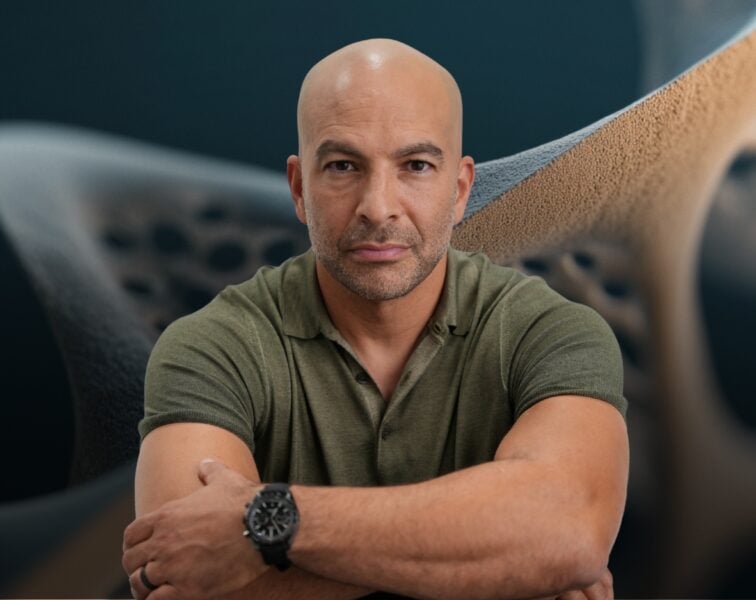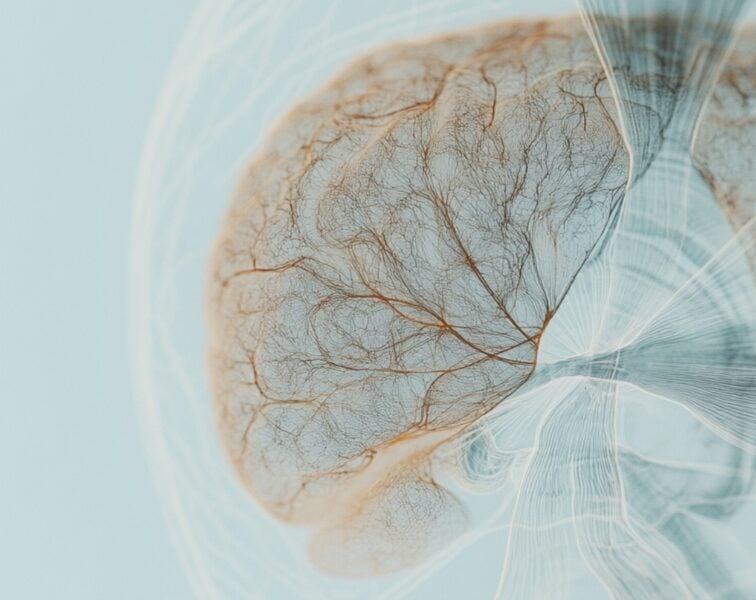The topic of Alzheimer’s is on my mind a lot as I just finished writing a long chapter about the disease for my upcoming book on longevity…off to the editor on Monday. I’m also reviewing a paper from Richard Isaacson’s group that will be submitted soon, on Alzheimer’s prevention.
I want to share a few articles from the NY Times I read a while back that highlight a few important things.
I Would Have Driven Her Anywhere: Caring for a mother who suffers from dementia was really hard. I wish I could do it again.
Alzheimer’s disease often doesn’t just strike one person. Alzheimer’s caregiving is something that might hit us at any time.
The recent announcement by Sandra Day O’Connor that she has dementia, and by others noted in the article, should help remove the stigma associated with the disease.
This one was published in 1983. I think this helped put the disease on the map and is both an emotional and informative read — and way ahead of its time.
As my friend and colleague Richard Isaacson (he’s the director of an Alzheimer’s prevention clinic) put it, Alzheimer’s is a “terrible, terrible, terrible, horrible disease.” But like Richard, I’m optimistic that there are things we can do to lower the risk of it.
– Peter




